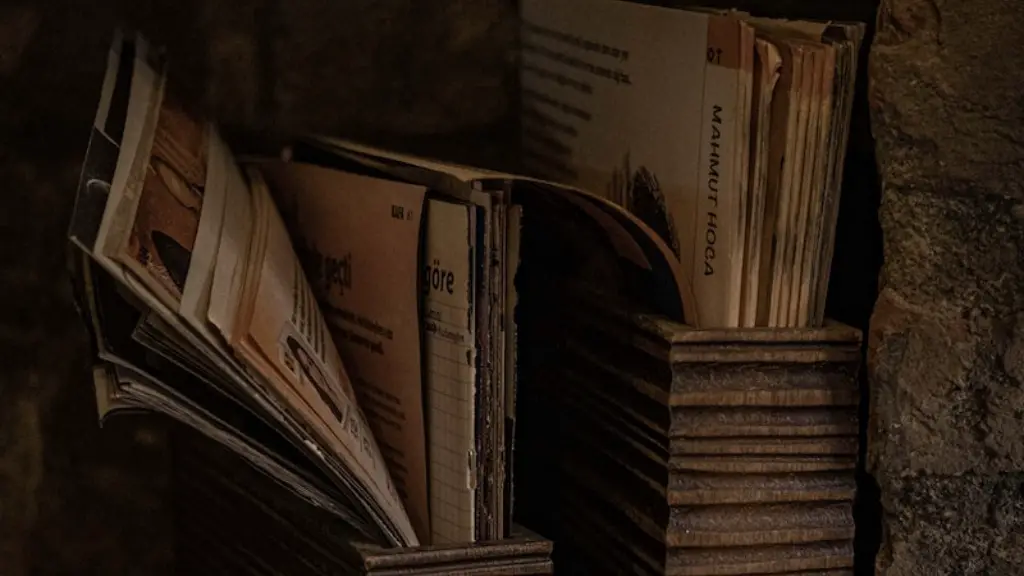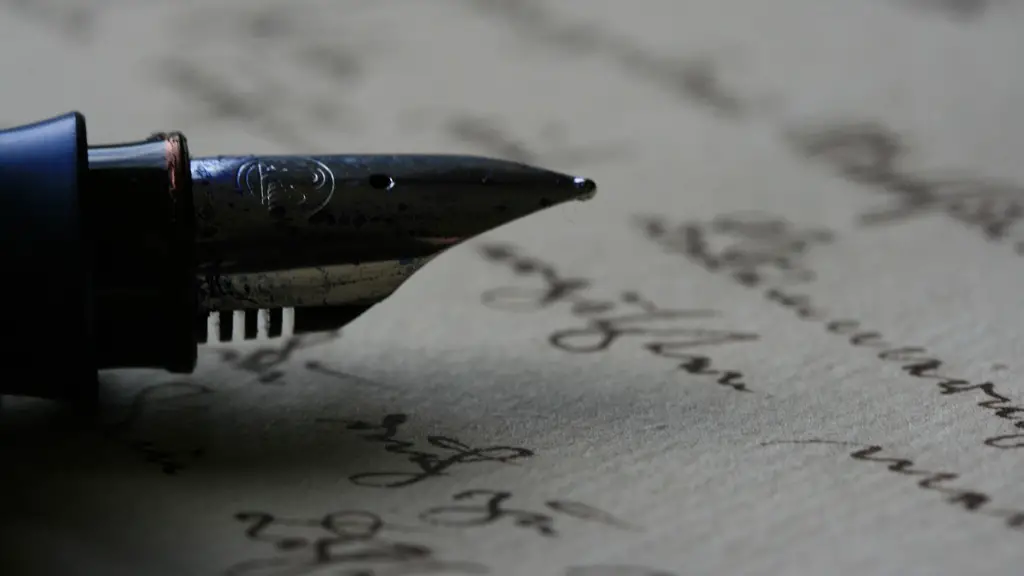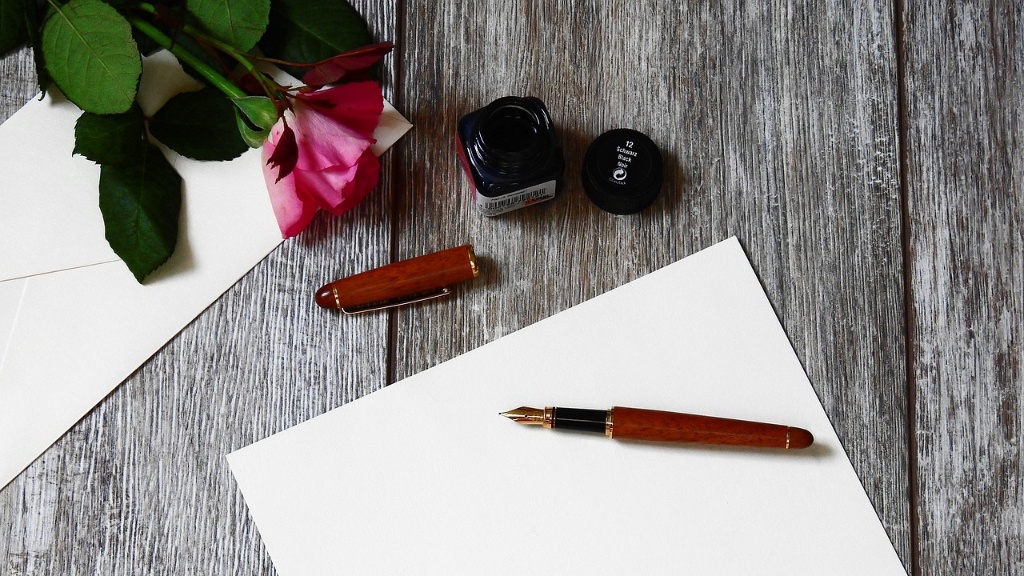How to Write a Poetry Analysis
Writing a poetry analysis requires a literary analyst to carefully read, dissect, and interpret a poem. To begin, the analyst must first read the poem several times, carefully noting words and phrases that are important to understanding the poem’s meaning. Then, the analyst must consider the poem’s structure, diction, and figurative language to analyze the poet’s message and poetic techniques.
One helpful way for analyzing a poem is to consider the poet’s diction, or the kind of language the poet uses. Diction can include both ordinary language, such as the word “run”, and literary language, such as the phrase “buoyant feet”. Analyzing the ways the poet has chosen to use language helps to bring out the poem’s overall meaning. For example, if a poem contains a lot of morbid diction and references to death, this could indicate that the poet’s theme is death or mortality.
Figurative language is also an important factor to consider while writing a poetry analysis. Figurative language includes techniques like metaphor, simile, and personification. There is often a greater meaning to such figurative language, one that goes beyond the literal meaning of the words. By analyzing the figurative language of the poem, the analyst can better understand the poet’s purpose and the poem’s overall meaning.
Sound is an essential component of poetry, and an analysis should consider the poem’s sound elements. This can include the poem’s meter, rhyme scheme, rhythm, and rhyme. By analyzing the sound elements of the poem, the analyst can discover the poet’s craftsmanship. In some cases, the poem’s sound elements can also influence its meaning by creating specific imagery or moods.
In addition to sound and diction, poem structure is also an important factor in a poetry analysis. Poem structure can include form, line structure, and stanza breaks. There is often a particular purpose for why a poem is structured the way it is. For example, a poem with a shorter line structure may have a sense of urgency, whereas a poem with longer line structure may have a more relaxed tone. By considering the poem’s structure, the analyst can better understand the poet’s overall message.
Theme
Understanding the poem’s theme is essential to writing a poetry analysis. The theme of a poem is the message the poet is trying to convey, and analyzing the poem’s theme helps the analyst to understand the poet’s intent. Furthermore, considering the poem’s theme provides the analyst with a basis for analyzing the poem’s other elements, such as sound and structure.
The poem’s tone is also important to note when writing a poetry analysis. Tone is the author’s attitude towards the poem’s subject, and it can be both positive and negative. Analyzing the poem’s tone allows the analyst to get a better sense of the poet’s overall message.
Writing a poetry analysis also involves considering the poem’s context. Context can include the poem’s historical period, the poet’s biographical information, and the cultural, political, and social movements during the time the poem was written. Such contextual factors can help the analyst understand the poet’s message and why the poem was written.
Imagery
Any good poem involves imagery, and analyzing the imagery in a poem is important for writing a poetry analysis. Imagery is language that involves the senses, and it can help the reader to visualize and understand a poem better. Imagery can also be used to create a certain mood or atmosphere, and it can add to the poet’s overall message. Analyzing the imagery of the poem can help the analyst to understand the poem better.
Writing a poetry analysis requires the analyst to carefully dissect and interpret the poem. This process should include analyzing the poem’s sound elements, diction, structure, imagery, tone, and context. Additionally, the analyst should consider the poem’s theme to get a better sense of the poet’s overall message. By considering all of these factors, the analyst can write a proper analysis and fully understand the poem.
Conclusion
Writing a poetry analysis can seem daunting at first, but it is an essential process for understanding and interpreting a poem. To write a successful analysis, the analyst must first read the poem several times and make notes about words and phrases that are important to understanding it. Then, the analyst should consider the poem’s sound elements, diction, structure, imagery, tone, and context to better understand the poem. Most importantly, the analyst should consider the poem’s theme to get a deeper understanding of the poet’s message. By considering all of these factors, the analyst can write a successful poetry analysis.
Applications
Once the poet has written a successful poetry analysis, they can apply it to various areas of their life. Understanding how to interpret poetry can be useful when reading and understanding literature, or when studying poetry or literature in a classroom setting. Furthermore, understanding poetry can develop the poet’s critical thinking skills and help them better understand the world around them.
Furthermore, writing a poetry analysis can be beneficial for the poet’s writing skills. By analyzing a poem’s sound elements, diction, structure, imagery, tone, and context, the poet can get a better understanding of how to craft their own work. Analyzing a poem can inspire the poet to create their own work using similar techniques. This process can help the poet hone their writing skills and craft their own successful pieces of poetry.
Practice
In order to become successful at analyzing poetry, the poet must practice and gain experience. To start, the poet should read the poem several times, highlighting and noting important words and phrases. Then, they should consider the poem’s sound elements, diction, structure, imagery, tone, and context. Finally, they should consider the poem’s theme to gain a deeper understanding of the poet’s message.
In addition to reading poetry, the poet should practice writing poetry analysis. As the poet writes more analyses, they will become better at recognizing and understanding the poet’s elements and message. Practicing both reading and analyzing poetry will help the poet become a successful literary analyst.
Resources
For those who want to become successful in analyzing and interpreting poetry, there are many resources available. To start, the poet should visit their local library or find online resources that offer lesson plans on writing poetry analysis. Additionally, there are many online forums where poets can discuss and share their analyses with each other. These resources can help the poet hone their skills and become better at understanding poetry.
Furthermore, there are many great books available for poets who want to learn more about analyzing poetry. There are books focused on analyzing specific poets, such as Robert Frost or William Wordsworth, as well as books that are more general in nature and offer guidance on writing a poetry analysis. These books can help the poet become more knowledgeable about the process of analyzing poetry.




